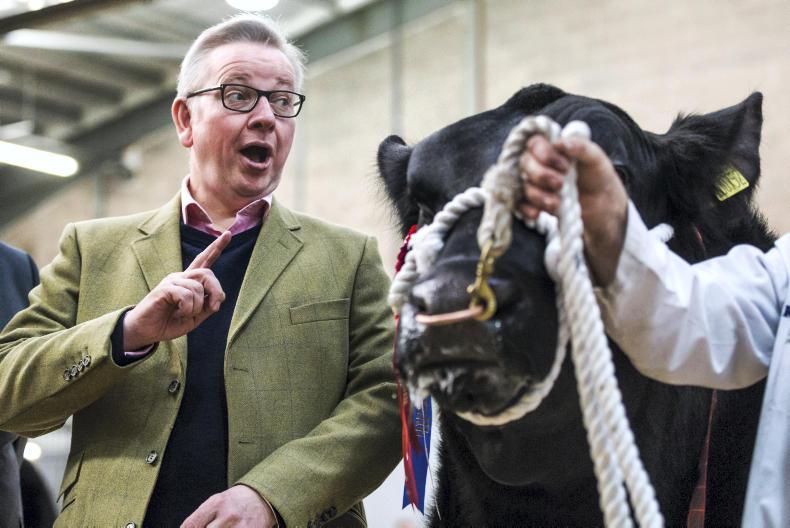In many ways, the addition of an education requirement to qualify for payment could be seen as a ‘gold plating’ of EU rules. Adding another set of hoops, if you will. It certainly does not make life easy. But it also helps to tackle the ‘active farmer’ definition problem. Up until now the EU has had a negative list to define the active farmer, a list of what s/he is not. Under the simplification of the Common Agricultural Policy, it was decided to let member states provide their own definition of an active farmer.
The UK will have to find its own solution to this debate post–Brexit, in order to avoid giving payments to ‘slipper farmers’. Putting education criteria in place would test the commitment of those wishing to receive payments. But the benefit is two-fold in the sense that studying agriculture provides you with more tools to manage a farming enterprise and experience on farms away from home. It also gives you a network of people with similar interests to share ideas and pose questions to.
It does not necessarily need to be a paper based exercise, but an apprenticeship scheme which involves experience on other people’s farms or even in food manufacturing could be just as beneficial in broadening horizons.






 This is a subscriber-only article
This is a subscriber-only article










SHARING OPTIONS: